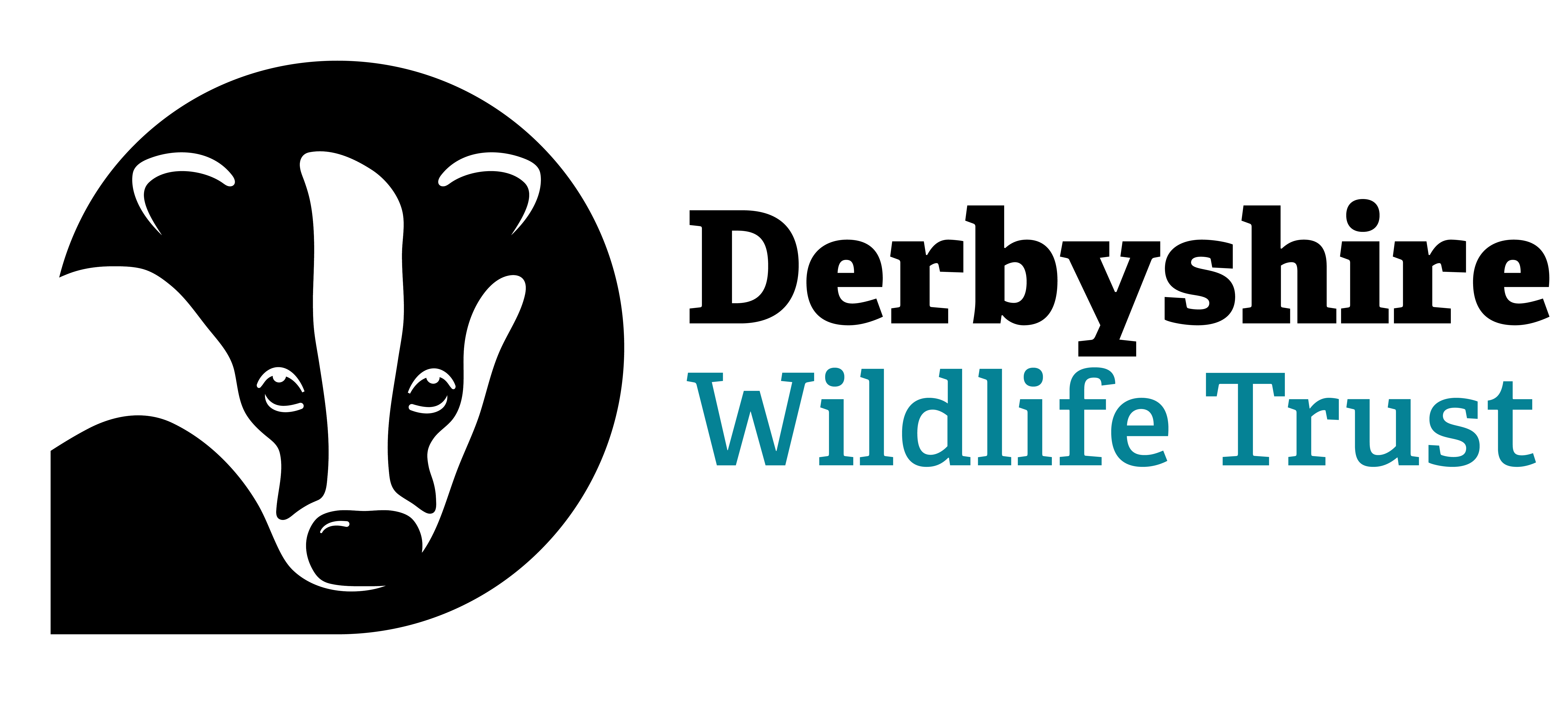The training and initial monitoring will take place at Thornhill Carrs, a 73- acre site found just south of Ladybower Reservoir and to the North West of Bamford. It is a site that is already rich with wildlife and which contains a fantastic mosaic of habitats that includes flower rich meadows, valuable hawthorn scrub and important woodland, all favourites of many different species, particularly insects and birds.
The area is the Trust’s flagship site for rewilding, an approach to land management where you let nature take the lead.
Over the next year the plan is to get to know the site and what wildlife is already here. The Trust will be training local volunteers to survey as many species and habitats as possible, including plants, insects (such as butterflies, hoverflies and bees), trees, birds and mammals.
Sam Willis, Living Landscape Officer at Derbyshire Wildlife Trust said 'Training local volunteers allows us to offer them new species identification skills whilst also increasing our ability to fully monitor the site. The volunteers together with our skilled ecologists we will be able create a species list of the wildlife already on the site. Armed with this information about Thornhill we can begin to develop a management vision for the site.’
Training starts this June with ‘Introduction to Flower Identification and survey followed by a family Fungi Foray in October.
As well as helping develop a management vision for the site this data will create a case study to show how rewilding can work. It could help other landowners do the same and the Trust will be able to roll out the surveying to other areas that the trust manage.
Sam adds, “Thornhill Carrs monitoring team’ have started surveying this year, having some specialist species ID skills already, so these courses will build upon existing work and help new and old volunteers alike. These are lifelong skills, once the volunteers are trained up they can continue monitoring for years to come and we can build data about what Derbyshire looks like now, and what impact we’re having on creating a wilder Derbyshire in the future.”
The training is funded by the government’s Green Recovery Challenge Fund. The fund is being delivered by The National Lottery Heritage Fund in partnership with Natural England and the Environment Agency.
